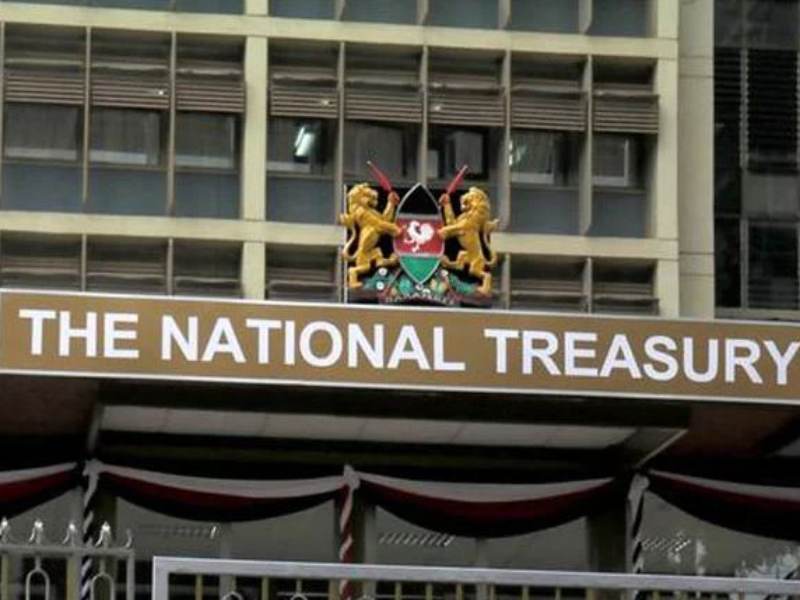×
The Standard e-Paper
Fearless, Trusted News
 After unsuccessfully trying to squeeze out even more money from cash-strapped Kenyans, the government has resorted to finding ways around the rule of law to prevent a looming financial crisis.
After unsuccessfully trying to squeeze out even more money from cash-strapped Kenyans, the government has resorted to finding ways around the rule of law to prevent a looming financial crisis.
Under pressure to fund an ambitious Sh3.13 trillion Budget in the face of dwindling tax revenues, the Treasury has by-passed crucial laws, regulations and constitutional decrees to balance its books.